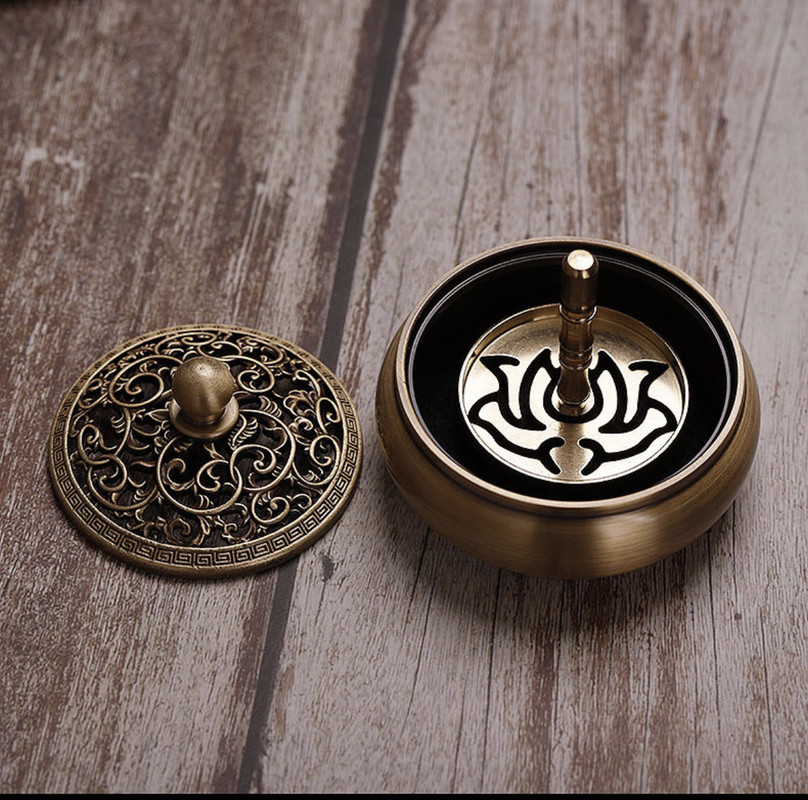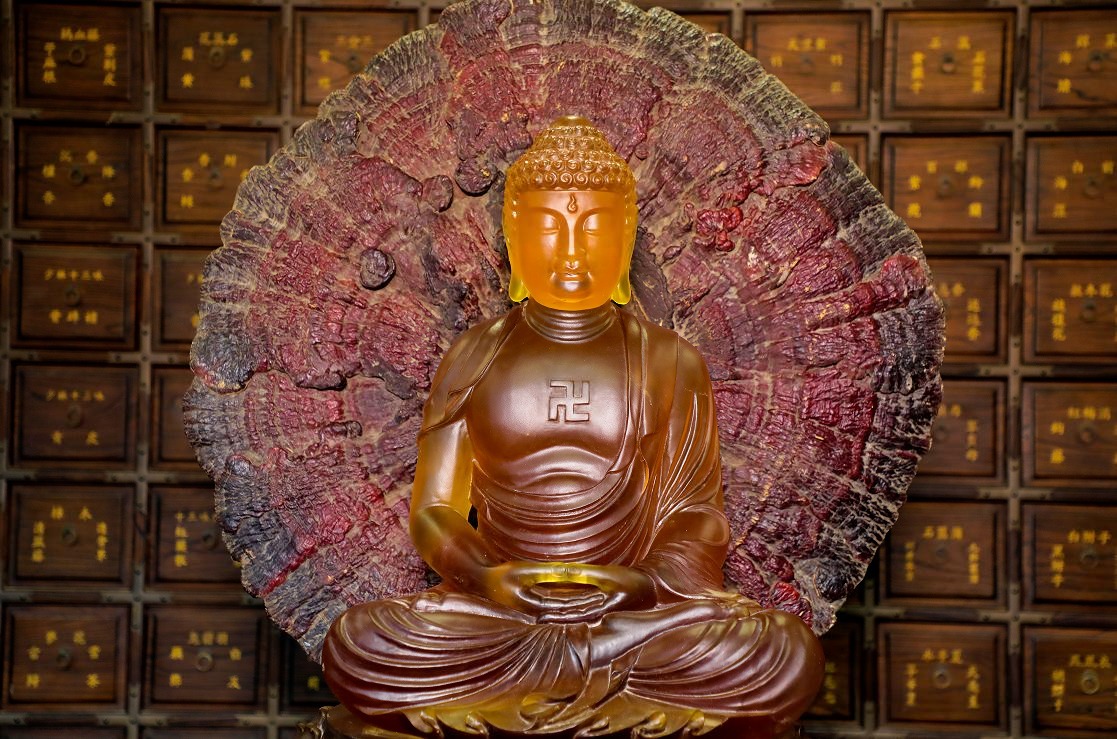In the tranquil mornings of ancient temples nestled in high mountains, before the temple bells ring, Shaolin monks have already risen to wash, meditate, and sit in stillness. A day of spiritual practice begins with a simple bowl of porridge or rice. Though eating is an ordinary act, it is a vital part of cultivation. For centuries, the monks of Shaolin Temple have not relied on elaborate meals to strengthen their bodies, but have sustained their daily disciplines and prolonged meditation sessions with light vegetarian fare. What may seem plain is, in fact, imbued with profound wisdom of self-cultivation.
This dietary system does not cater to the palate, but aligns with the natural order; it does not seek satiety that leads to sluggishness, but rather lightness of blood and qi, and freedom of mind and spirit. Today, let us explore the principles of Shaolin diet: how it achieves bodily vigor and inner clarity through simplicity, moderation, and the balance of energy.

Simplicity as Foundation: The Inner Strength in Vegetarianism
The Shaolin monks take “simplicity” as their foundation, with daily meals primarily consisting of grains, legumes, seasonal vegetables, and nuts. They abstain not only from meat and fish, but also from pungent vegetables such as onions, garlic, and leeks—the so-called “five pungents.” Why? Because such foods are known to disturb the mind, stir emotional unrest, and hinder meditation and internal martial training.
“Stillness cultivates the body; frugality cultivates virtue.” Simplicity is not mere blandness, but the minimization of all external stimuli, allowing the body to return to its natural state and awaken its innate vitality. Common dishes such as lotus seed and lily congee, yam and grain rice, or braised tofu with white radish may appear ordinary, yet in the Shaolin refectory, they are revered as nourishing remedies that harmonize qi and blood, and regulate the internal organs.
Interestingly, while flavor is not emphasized, great care is given to food pairing and seasonal alignment. Spring calls for greens, summer for fruits, autumn for roots, and winter for beans and grains—all in harmony with nature’s cycles to nurture the body’s yin and yang.
If one were to burn incense and purify the mind before meals, it would further restore taste to its essence and calm the spirit. For instance, the ‘Bronze Artisanal Incense’ 13-Piece Kodo Gift Set, featuring a handcrafted bronze censer and utensils, exudes timeless dignity. As its fragrance rises gently, it brings a sense of solemnity and serenity, infusing each meal with ritual significance.

Premium Brass Kodo Incense Set
Pure Brass Made with Long-lasting quality. Crafted by traditional incense culture craftsmen, the brass incense burner, lotus seal, and skeleton lid are designed to adjust the temperature for different types of incense, making it easier to stimulate the fragrance.
Learn About This Shaolin TreasureThe Principle of Moderation: Nourishing Qi Through Restraint
Another core tenet of the Shaolin diet is “moderation.” Monks typically adhere to “one meal at noon” or “two meals a day,” avoiding dinner and excess flavors, and observing the principle of eating until only seventy percent full.
This is not merely a lifestyle habit, but a principle of cultivation. “Overeating leads to dullness; hunger leads to restlessness; seventy percent is just right.” Excessive food drains qi, while insufficient intake weakens vitality. Moderation is the true path to health. Those who eat lightly experience ease in digestion, smooth circulation of qi and blood, agility of body, and over time, fewer accumulated illnesses.
Moderation is not self-denial or ascetic suffering, but rather granting the body the space it needs for internal energies to flow unimpeded. In Shaolin martial arts, there is a saying: “Release power like drawing a bow; rise and fall like the wind.” How can one strike swiftly if the body is heavy and sluggish? Thus, dietary restraint is the most fundamental support for martial refinement.
In modern urban life, where meals are irregular and indulgence unchecked, many suffer from digestive stagnation and illness. By embracing the Shaolin principle of moderation, one can lighten the burden on the gut, enhance vitality, and sharpen focus.

Diet and Internal Cultivation: From Nutrition to Energetic Transformation
Some may wonder: How can Shaolin monks, who train in martial arts by day and meditate by night, sustain their strength on such light vegetarian fare? The answer lies in the remarkable wisdom of the Shaolin diet.
Though their meals are simple, they are thoughtfully composed, emphasizing “nourishment without stagnation.” Grains nourish, fruits and vegetables regulate, soy products build strength, and nuts moisten the organs. Coupled with regulated routines and mindful breathing, food is transformed into pure energy, internalized as qi in the dantian (energy center).
In the Shaolin Internal Cultivation Method, there is a concept known as “dual nourishment of food and qi.” “Food” refers to the daily dietary regimen, while “qi” denotes the vital energy cultivated through internal practice. When these two are harmonized, even a diet of coarse grains and simple fare can yield abundant vitality and robust health.
Sitting quietly for a while after meals, accompanied by incense, is also a method of qi cultivation. Using the ‘Bronze Artisanal Incense’ 13-Piece Kodo Gift Set during this time, with its steady censer and mild fragrance—neither harsh nor overpowering—perfectly supports inner refinement. As incense and qi merge, human and nature become one.

Premium Brass Kodo Incense Set
Three Incense Power Scents. The seal type also comes with fine incense powder, made of Australian sandalwood, cypress, and elysian
Learn About This Shaolin TreasureMindful Eating: Observation in Every Bite, Reflection in Every Flavor
Eating in the Shaolin tradition is never rushed, nor is it simply to satisfy hunger—it is an act of “mindful observation.”
Before meals, monks clasp their hands and silently recite a verse: “If the food is not pure, the mind easily becomes greedy; if the mind is not pure, the food loses its flavor.” This serves as a reminder: though food is mundane, one must not lose right mindfulness. Silence during meals fosters stillness; chewing slowly and mindfully cultivates self-awareness.
This deep respect for food and attentiveness to the inner self transforms every meal into part of the path. Though we may not dwell in the mountains today, we too can pause briefly before eating, use incense to settle the mind, and allow each bite to be more profound and conscious.
Eating with the Seasons: Aligning with Nature’s Rhythms
Shaolin monks also emphasize eating in accordance with the seasons. Spring calls for cleansing to invigorate the liver and spleen; summer for cooling broths to soothe the intestines; autumn for moistening foods to nourish yin; and winter for warming dishes to strengthen kidney qi.
Adjusting ingredients and cooking methods with the seasons not only follows nature’s lead but also harmonizes the internal organs. For example, after autumn arrives, dishes like lily and lotus seed congee or red date and yam soup are favored to nourish the lungs and stomach. In the deep cold of winter, glutinous rice, black sesame, and soybeans are added to fortify bones and sinews.
In modern life, even small adjustments aligned with the seasons can help one attune to subtle shifts in physical well-being and foster a deeper connection with nature.
The Heart of Diet: Contentment, Gratitude, and Generosity
Ultimately, the Shaolin diet rests upon a single principle: gratitude.
Every meal is a gift from the community, not a personal possession. Thus, before eating, monks reflect: “May this food be transformed into wisdom and compassion.” After meals, it is common to set aside a portion to share with those in need.
This practice of “eating as an act of giving,” though silent and unseen, is a vital aspect of Shaolin culture. Meals become a gateway to virtue and a source of righteous action. Even in the city, though we may not follow every ritual, cultivating a heart of gratitude toward food is the highest form of respect.
The Shaolin diet is not a relic of ancient custom, but a crystallization of millennia-old wisdom. It reminds us that simplicity is not scarcity, restraint is not suppression, and lightness is not flavorless. True vitality does not come from overconsumption, but from the harmonious alignment of body, time, and nature.
May you find balance between body and mind in every meal; may you preserve a measure of serenity and awareness amid the bustle of life. And if, before dining, you light a stick of incense and sit in stillness—as presented in the ‘Bronze Artisanal Incense’ 13-Piece Kodo Gift Set—you may glimpse your true nature within each simple bowl of rice.
To eat is to cultivate. Within simplicity flows energy; through restraint is found freedom.



